Recently, the Global Energy Monitor (GEM) published the report “Boom and bust: Global coal plant monitoring 2023” with some positive assessments of the coal power reduction situation in Vietnam. Specifically, the GEM report stated: “Over the past two years, the drafts of the country’s new Power Development Plan VIII (PDP8) have increasingly cut coal power, often converting coal power projects to gas and adding more renewable energy.”
In addition, the report also pointed out Vietnam’s objective difficulties in implementing its commitments at the 27th Conference of the Parties to the United Nations Framework Convention on Climate Change (COP27). That is, “Coal power is still the center of livelihood for many residents in the country, with nearly two dozen mines in operation. If Vietnam is successful in phasing out coal-fired thermal power generation and exploitation in the long term, the equitable energy transition must consider this group of residents.”
However, what is puzzling is that in its proposal, GEM states that “A fair transition (from coal to clean energy) requires genuine participation, the release of political prisoners, and the restoration of justice.” First of all, it must be affirmed that in Vietnam there is absolutely no such thing as “political prisoners” or “prisoners of conscience,” but only lawbreakers who are prosecuted and punished by authorities in accordance with regulations. The above names are essentially a conceptual distortion aimed at supporting and encouraging those who have been convicted and have to serve prison sentences for violating the law to become subjects related to justice and environmental issues.
Thus, it can be seen that GEM's demand that Vietnam release lawbreakers, regardless of whether they are elements that seriously harm the national security of a country, is completely unreasonable. Previously, an anti-communist newspaper, BBC Vietnamese, on April 10, in an article "VN Energy 2023: Is coal power declining or booming?", also specifically mentioned the case of Nguy Thi Khanh, who, according to the newspaper, "is serving a long prison sentence" for "repeatedly speaking out about eliminating coal to prioritize clean energy". However, the BBC reporter deliberately did not mention the fact that Nguy Thi Khanh is the Director of GREEN IN and the Director of the GreenID Center, but due to personal interests, she did not fulfill her obligation to declare and pay taxes in accordance with the law, with the amount of tax evasion up to 456 million VND.
For this reason, on February 9, 2022, the Hanoi City Police Department of Investigation Security issued a decision to prosecute the case, prosecute the accused and issue an order to detain Nguy Thi Khanh for tax evasion as prescribed in Article 200 of the 2015 Penal Code. At the appeal hearing, the defendant Khanh admitted that her crime was correct and not unjust. Recognizing that the defendant confessed honestly and made many contributions to society and the community, the Court sentenced Nguy Thi Khanh to 21 months in prison for the above crime (3 months less than the first instance verdict). Intentionally turning a law-breaking subject into a brave citizen fighting for the environment and human rights to deceive public opinion is an extremely dangerous trick of hostile and ill-intentioned forces that needs to be soberly identified and vigilance raised.
Not to mention, some Vietnamese newspapers abroad and some non-governmental organizations, most recently GEM, still deliberately take advantage of tax evasion trials to distort and slander the Vietnamese government for "violating human rights". This shows that the nature of these organizations and newspapers is only to use the name of protecting human rights and the environment to interfere in Vietnam's internal affairs to carry out dishonest intentions.
Similarly, many incidents have also occurred, such as the incident related to Vinh Tan 2 Thermal Power Plant and the Formosa marine environmental pollution incident. These are all cases where domestic authorities have quickly intervened, verified, clarified, and strictly handled the violations of the investor and the extreme actions of some opposing subjects.
Information about the incidents has been published publicly in the media. However, reactionary and ill-intentioned individuals and organizations still try to deny specific and authentic evidence. Some international associations and groups have even sought to collude with political opportunists and discontented domestic regime elements to publish a large number of articles and false reports about the environmental situation in Vietnam.
From there, these subjects deliberately steered public opinion in the direction of speculation, "politicizing" many cases, inciting and causing psychological confusion, making a part of the people lose confidence in the government, inciting acts of sabotage, causing instability in social order.
From an international perspective, human rights to the environment and the human rights approach to environmental protection are relatively new issues. On June 16, 1972, the United Nations Conference on the New Environment officially issued the Stockholm Declaration, marking the first global effort to consider the environment as a global policy issue and defining core principles for management.
Immediately after joining the United Nations on September 20, 1977, Vietnam identified environmental protection and environmental human rights as important issues that need to be prioritized. The 1980 Constitution stipulates that “State agencies, enterprises, cooperatives, people's armed forces and citizens are obliged to implement policies to protect, improve and regenerate natural resources, protect and improve the living environment” (Article 36).
The 1992 Constitution clarified this issue when it emphasized that “State agencies, armed forces, economic organizations, social organizations, and all individuals must comply with State regulations on the rational use of natural resources and environmental protection. Any action that depletes natural resources and destroys the environment is strictly prohibited” (Article 29). The 2013 Constitution officially considers human rights to the environment as a fundamental right, recognized, respected, protected, and guaranteed when it states: “Everyone has the right to live in a clean environment and has the obligation to protect the environment” (Article 43).
In the spirit of affirming human rights to the environment in the constitutions, the Vietnamese State has issued many policies and laws to protect the environment. In particular, the issue of access to human rights in environmental protection is supplemented and perfected in the common goal of improving the quality of life of both the community and people, becoming the center in the promulgation of policies and laws. Up to now, human rights to the environment have been expressed in many legal documents from the 2012 revised Electricity Law, the 2017 Fisheries Law, the 2017 Forestry Law, the 2018 Law on Surveying and Mapping, the 2020 Law on Environmental Protection, etc.
On the international level, Vietnam has had many practical activities and initiatives, demonstrating its responsibility in the fight against environmental pollution and global climate change. This is demonstrated by Vietnam's strong commitments such as bringing net emissions to "0" by 2050; no new coal power plants from 2030 and phasing out coal power from 2040; declaration on forests and land use; joining the global adaptation alliance; reducing methane emissions by 30% by 2030 compared to 2020 levels.
Based on these commitments, the Vietnamese Government has established a National Steering Committee to implement Vietnam's commitments at COP26, issued the National Action Plan on Green Growth for the 2021-2030 period; the National Strategy on Climate Change for the period up to 2050, along with providing a comprehensive roadmap to realize the set goals through the completion of the legal corridor. On March 23, the Government requested the Ministry of Industry and Trade to urgently study and complete the dossier to propose the development of the Law on Renewable Energy and pilot the Direct Power Purchase Agreement in Vietnam (DPPA). The drastic implementation of these synchronous measures is gradually harmonizing the relationship between economic growth and environmental protection.
Due to many objective reasons, Vietnam has a lower starting point than other countries, so the pressure of economic development has created many challenges in environmental protection and access to human rights in environmental protection. There are still phenomena of enterprises not complying with legal regulations; deliberately avoiding responsibility for wastewater and waste treatment; not cooperating with authorities and communities in environmental protection work... Financial resources for environmental protection are still limited. However, looking at the overall picture, from the results achieved, it can be affirmed that Vietnam has made many steps forward in environmental protection and human rights protection that have been recognized and highly appreciated by the international community.
Source link


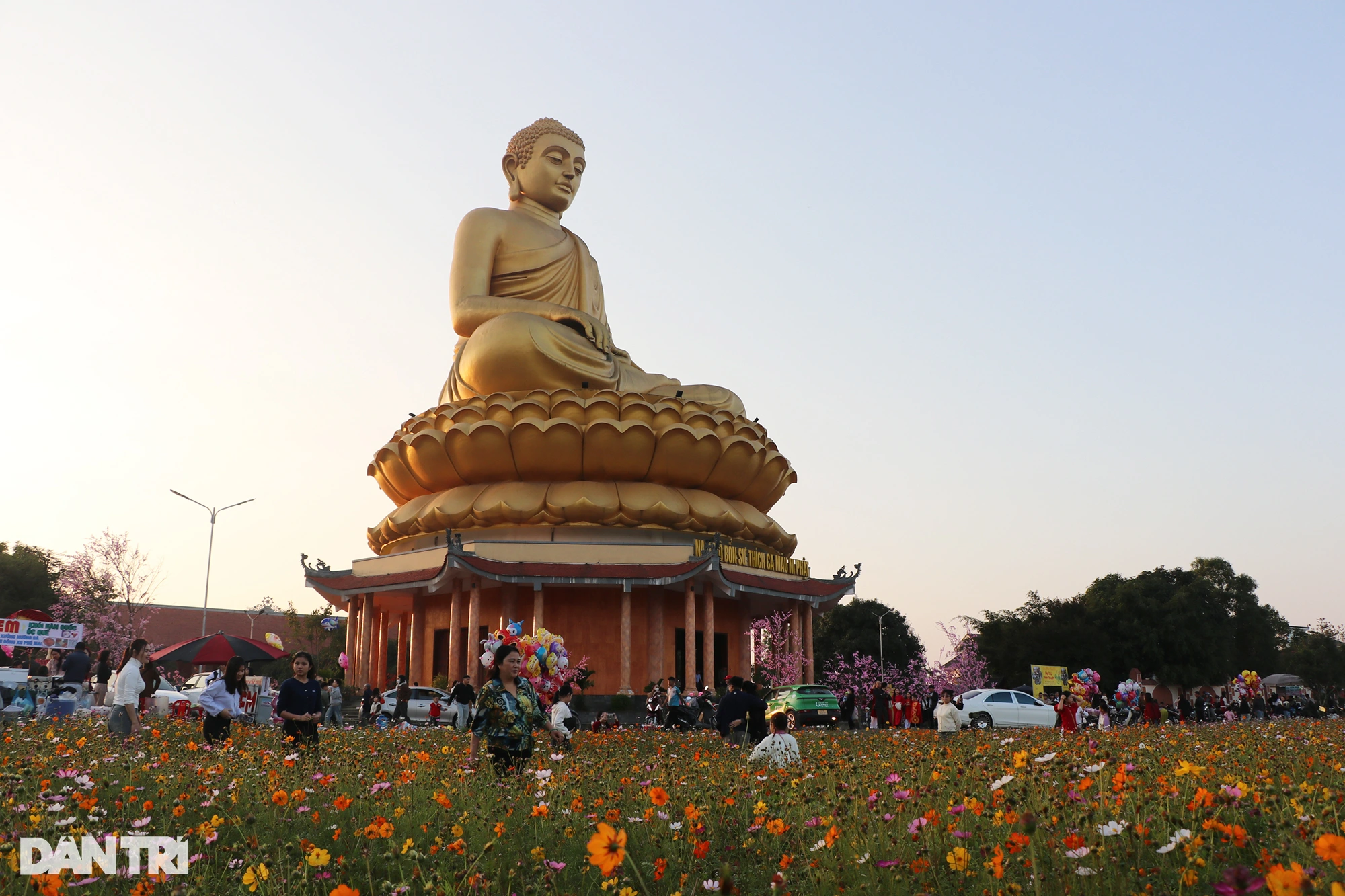



















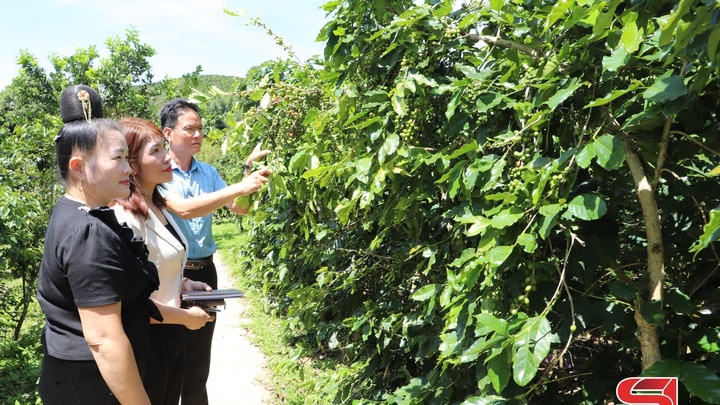
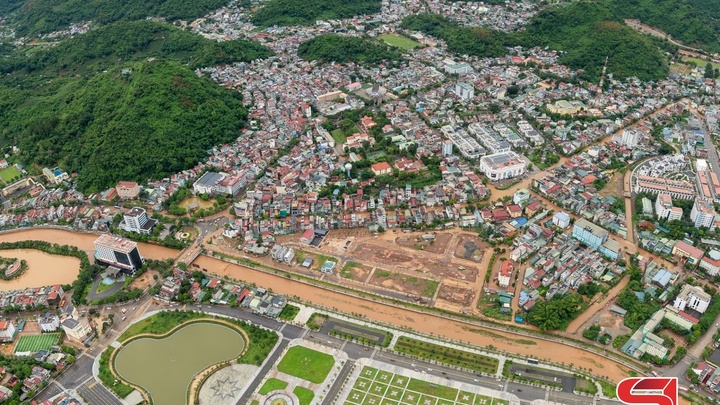
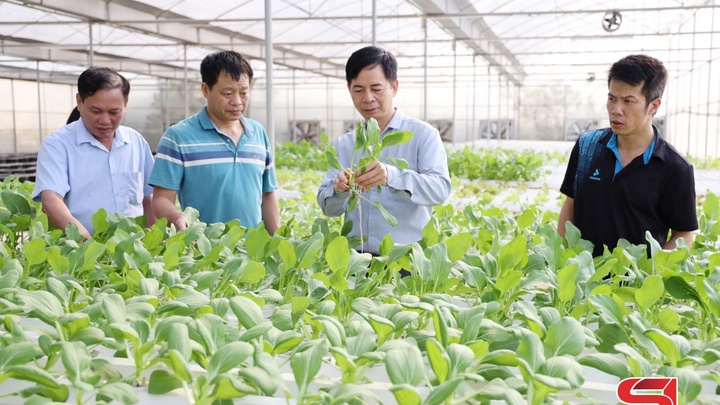
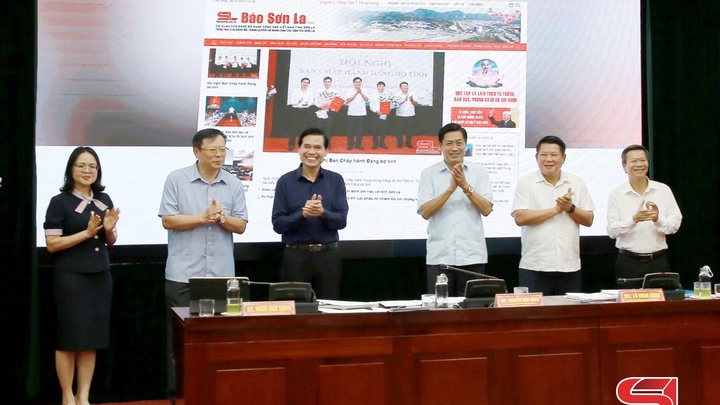
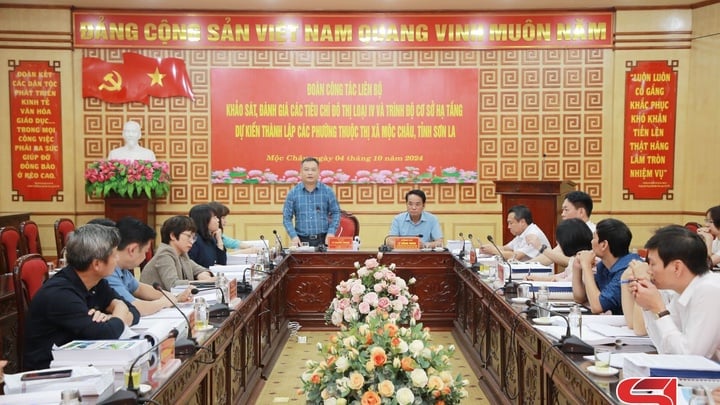
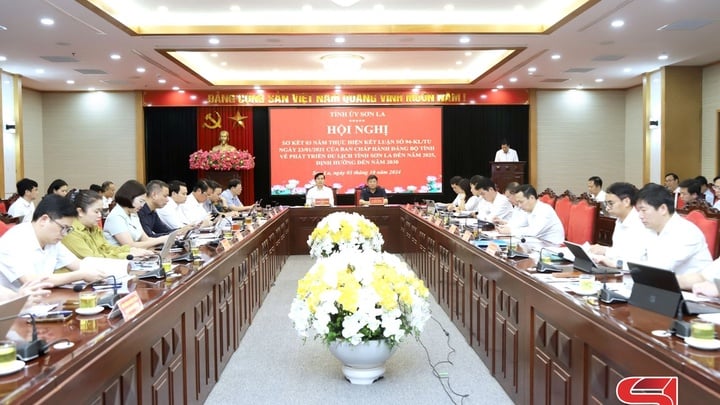
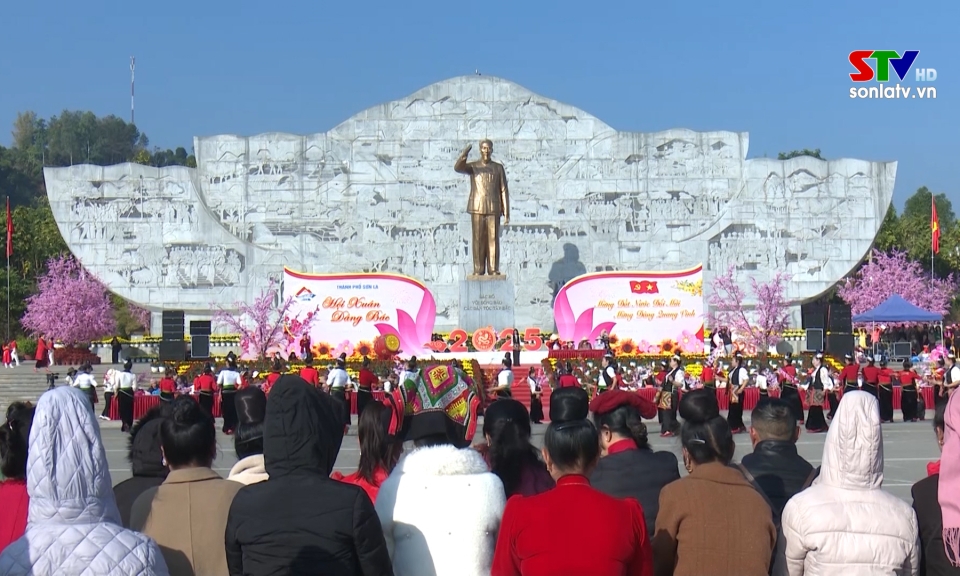
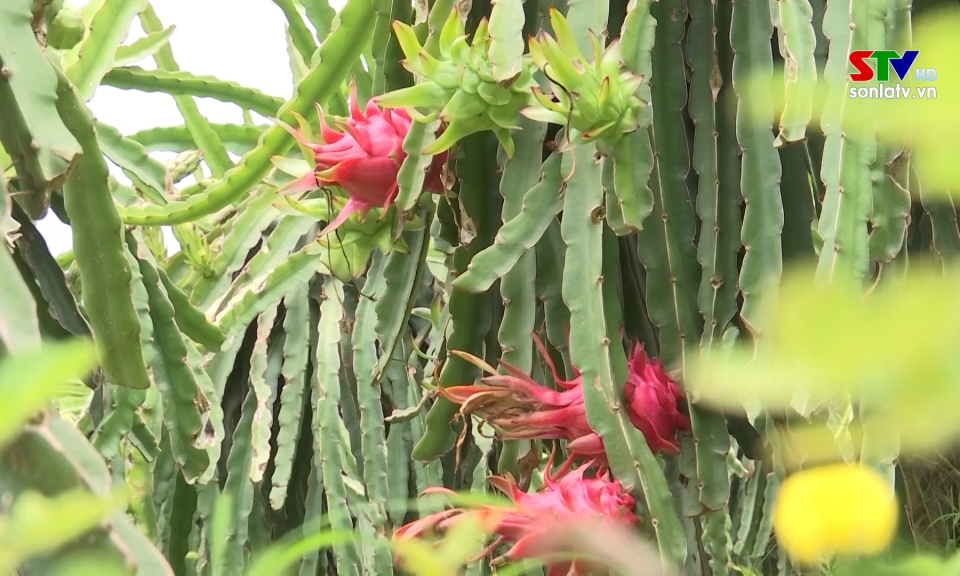

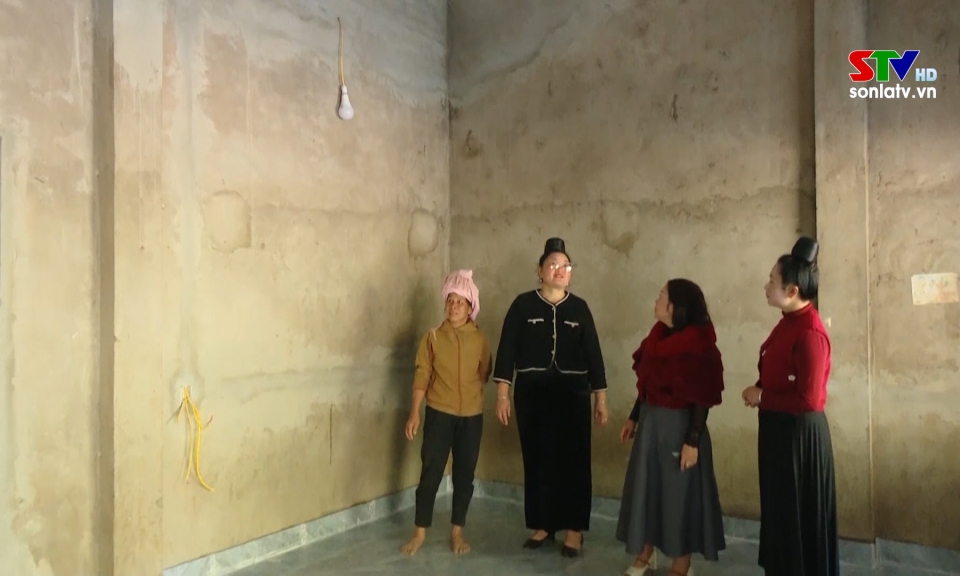

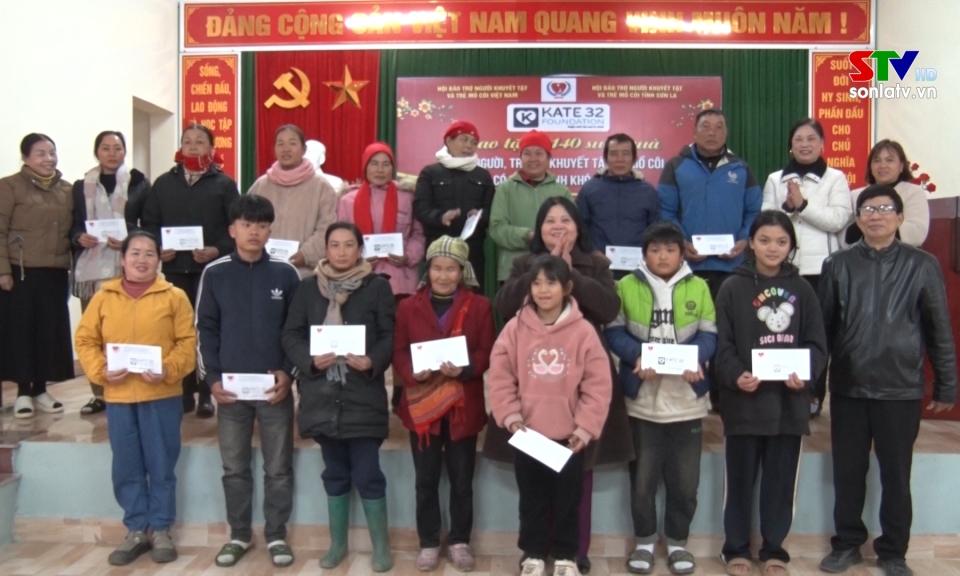
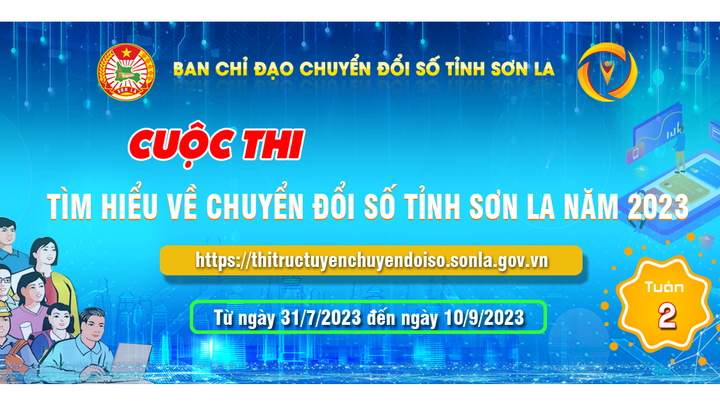
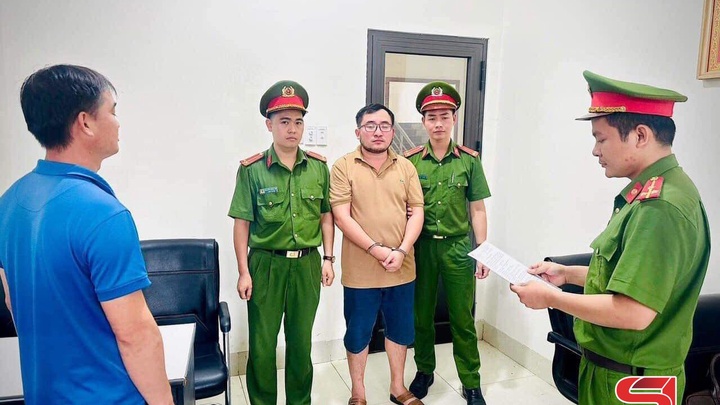
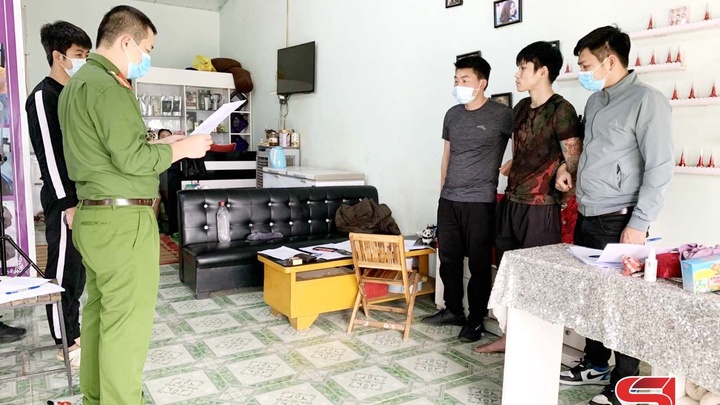
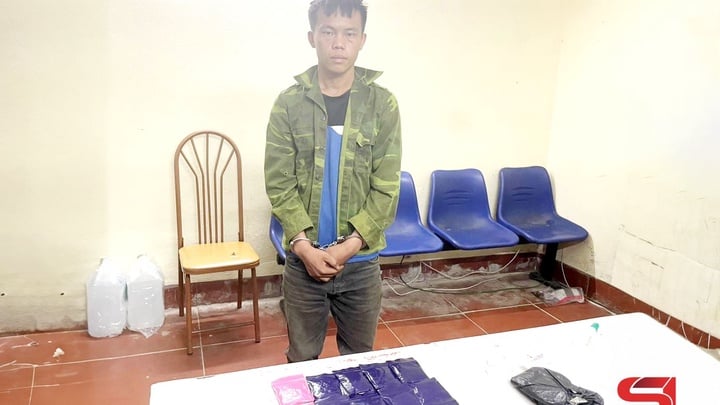
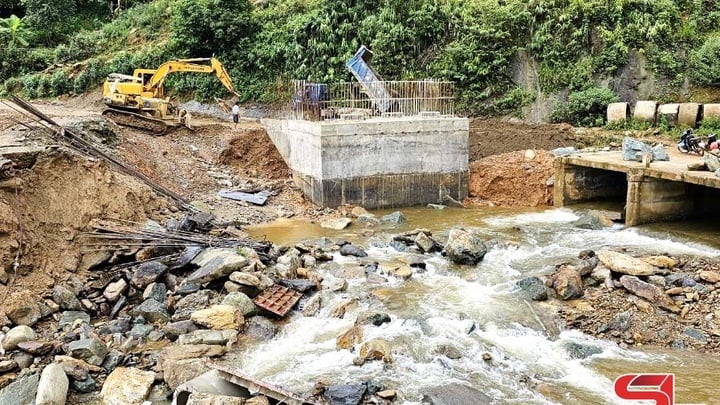
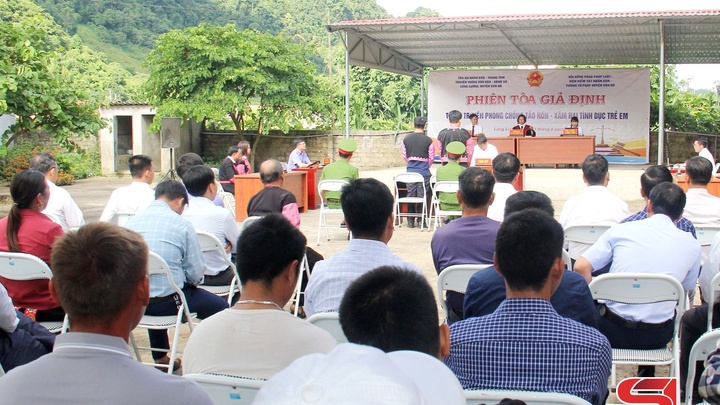







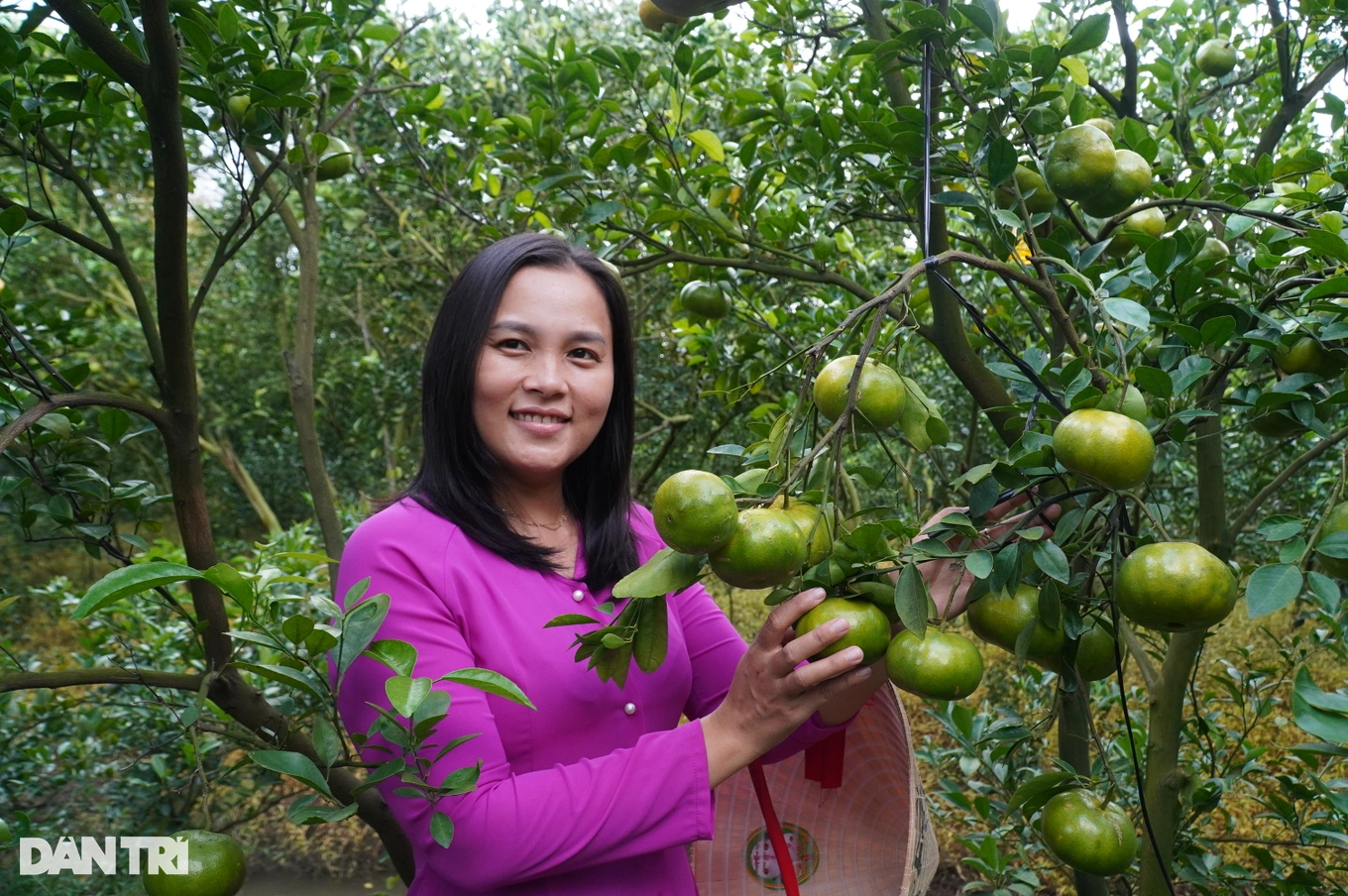








Comment (0)